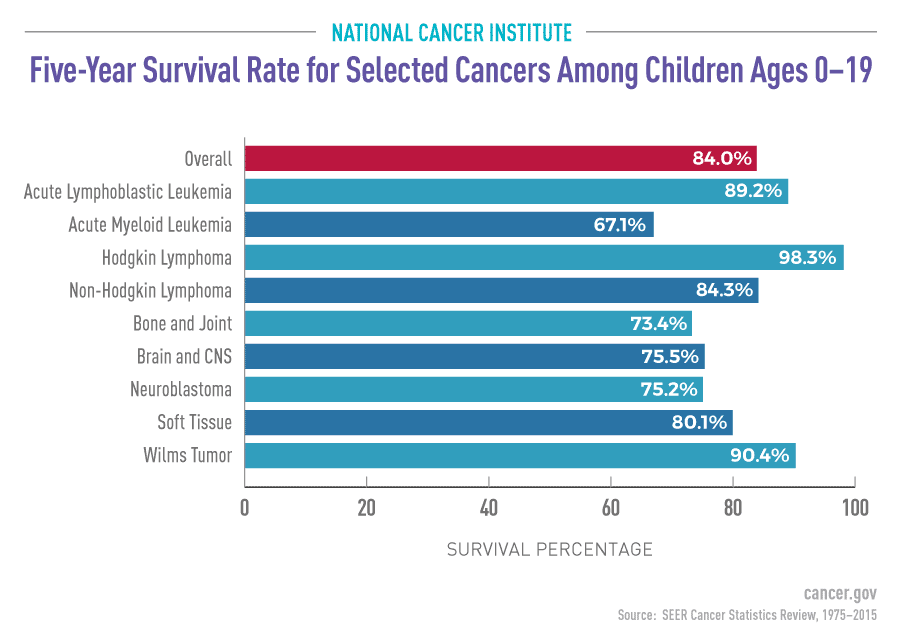Pediatric Cancer Prediction is becoming increasingly promising due to advancements in artificial intelligence (AI) and cutting-edge research in pediatric oncology. Recent studies indicate that AI tools designed to analyze a series of brain scans can predict glioma recurrence risk with remarkable accuracy, surpassing traditional evaluation methods. This innovation not only aids healthcare providers in making timely decisions but also reduces the stress associated with frequent imaging for young patients. By employing techniques such as temporal learning in medicine, researchers are uncovering patterns that could enable personalized treatments for children facing cancer. As pediatric cancer research progresses, it’s clear that AI for cancer treatment stands to revolutionize patient care and improve outcomes for vulnerable populations.
The field of childhood oncology is witnessing a transformative shift with the introduction of predictive analytics aimed at assessing cancer relapse in young patients. Utilizing sophisticated machine learning algorithms, experts are now able to evaluate historical imaging data, including brain scans, to foresee potential tumor recurrence, particularly in cases of pediatric gliomas. Such innovations not only facilitate more informed clinical decisions but also promise to alleviate the burden of constant monitoring on families and children. As this research evolves, the integration of advanced AI techniques signifies a pivotal advancement in managing and treating pediatric cancers, aligning with broader trends in precision medicine. Enhanced methods for predicting cancer outcomes are critical to improving therapeutic strategies and ultimately ensuring better survivorship for children battling cancer.
Understanding Pediatric Cancer Prediction
Pediatric cancer prediction is becoming an essential focus for research aimed at improving treatment outcomes. The integration of advanced technologies, especially artificial intelligence (AI), is transforming the landscape of pediatric oncology. By utilizing AI-driven tools, healthcare professionals can analyze extensive datasets from varied sources, including brain scans, to predict cancer relapse with remarkable accuracy. The recent study published in The New England Journal of Medicine AI highlights a significant leap forward, showcasing how AI can categorize risk factors that traditional methods often overlook.
This advancement is particularly critical in managing conditions such as gliomas in children, which can present complex treatment challenges. AI in pediatric oncology not only helps in predicting relapse but also tailors personalized treatment strategies based on individual patient data. Through these innovations, researchers aim to reduce the emotional and physical burden of frequent imaging, which can weigh heavily on young patients and their families. By accurately identifying high-risk patients ahead of time, oncologists can implement timely interventions that potentially improve survival rates and quality of life.
Frequently Asked Questions
How does AI in pediatric oncology improve cancer prediction accuracy?
AI in pediatric oncology enhances cancer prediction accuracy by analyzing multiple brain scans over time using advanced techniques like temporal learning. This approach allows AI models to identify subtle changes in imaging data, leading to significantly better predictions of relapse risk compared to traditional single-scan methods.
What role does temporal learning play in predicting glioma recurrence risk?
Temporal learning plays a crucial role in predicting glioma recurrence risk by training AI models to synthesize information from sequential MRI scans. This enables the AI to track changes over time and improve the accuracy of predicting whether a pediatric patient may experience a relapse.
Can AI help in pediatric cancer research for advanced treatment options?
Yes, AI significantly contributes to pediatric cancer research by providing precise predictions of disease progression and recurrence. This insight can inform tailored treatment plans that enhance therapeutic efficacy and minimize unnecessary procedures for children with cancer.
What are the benefits of using AI for cancer treatment predictions in children?
The benefits of using AI for cancer treatment predictions in children include increased prediction accuracy of relapse risk, reduced burden of frequent imaging, and the ability to personalize treatment plans based on individual risk assessments, ultimately improving overall patient outcomes.
How accurate is AI in predicting pediatric glioma recurrence according to recent studies?
According to recent studies, AI has demonstrated a prediction accuracy of 75-89% for pediatric glioma recurrence within one year post-treatment, greatly surpassing the 50% accuracy associated with traditional single-image assessments. This advancement highlights the potential of AI in pediatric cancer prediction.
What implications do advancements in AI for pediatric cancer prediction have for patient care?
Advancements in AI for pediatric cancer prediction may lead to improved patient care by allowing for more accurate risk stratification. This could result in less frequent imaging for low-risk patients and more aggressive treatment strategies for high-risk patients, thus optimizing care pathways in pediatric oncology.
| Key Point | Details |
|---|---|
| AI Tool Development | A new AI tool has been developed to predict relapse risk in pediatric cancer patients more accurately than traditional methods. |
| Significance of Study | The study focuses on children with brain tumors known as gliomas, highlighting the challenges of recurrence. |
| Methodology | Researchers used temporal learning, allowing the AI to analyze multiple MRI scans over time to enhance prediction accuracy. |
| Accuracy of Predictions | The AI tool predicts recurrence with an accuracy of 75-89%, significantly higher than 50% accuracy with single images. |
| Future Implications | The researchers plan to conduct clinical trials to test if AI predictions can improve care and treatment for patients. |
Summary
Pediatric Cancer Prediction advancements have made significant strides with the introduction of AI tools that can accurately predict the risk of relapse in pediatric patients. This innovative approach, leveraging temporal learning from multiple brain scans, presents promising solutions for children battling gliomas. By enhancing prediction accuracy, healthcare professionals can better tailor treatment plans, ultimately leading to improved outcomes for pediatric patients. As this research progresses into clinical trials, the strategic application of these AI technologies may revolutionize the management of pediatric cancer.
